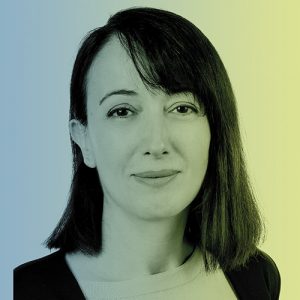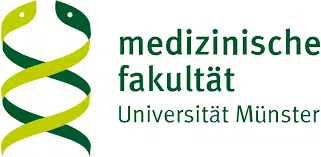Das Netzwerk
Grundlagenwissenschaftliche und klinische Reproduktionsforschung hat in Münster eine lange Tradition. Insbesondere im Rahmen der 2017 eingerichteten Klinischen DFG-Forschungsgruppe (KFO) 326 ‘Male Germ Cells’ wurde das lokale Forschungsnetzwerk kontinuierlich strategisch erweitert. Das Ziel dieser Netzwerkbildung war es, Arbeitsgruppen, Ideen und Projekte zur Konzipierung unseres SFBs zusammenzubringen.
Stimuliert durch eine offene, universitätsweite Ausschreibung im Sommer 2021 kamen schließlich Forschende aus der Reproduktionbiologie, -medizin und -genetik, der Andrologie, Physik, Informatik, Pharmazie, Chemie, Mathematik und Evolution zusammen, mit dem Ziel, eine neue Leuchtturm-Initiative im Bereich der Reproduktionsforschung ins Leben zu rufen: REPRODUCTION.MS
Wir stellen uns vor:
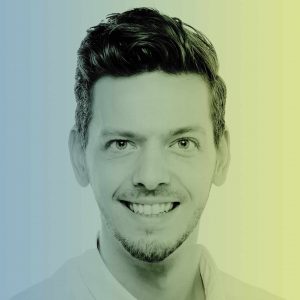
Alexander Busch
DFG Emmy Noether Research Group Leader and Resident Physician, Department of General Paediatrics

Benjamin Risse
Head of the Computer Vision and Machine Learning Systems Group, Department of Computer Science
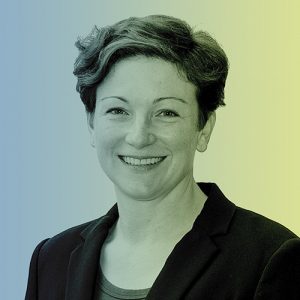
Christina Lill
Heisenberg Professor, Institute of Epidemiology and Social Medicine (IfES)
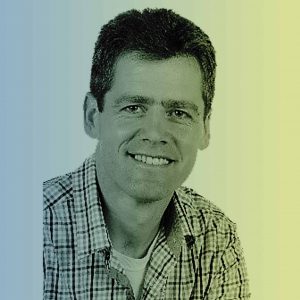
Christoph Brenker
Senior Researcher, Centre of Reproductive Medicine and Andrology
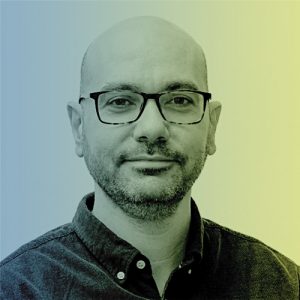
Christos Gatsogiannis
Professor of Electron Tomography of Nanostructured Systems, Centre for Soft Nanoscience, Institute of Medical Physics and Biophysics
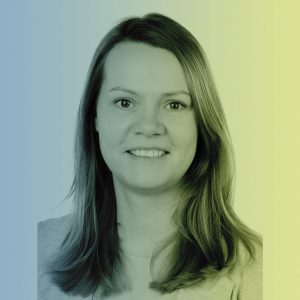
Corinna Friedrich
Group Leader at the Institute of Reproductive Genetics
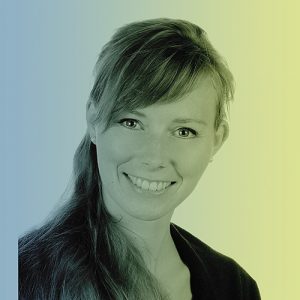
Cristin Beumer
Project Manager (CRU326), Institute of Reproductive Genetics

Frank Tüttelmann
Director of the Centre of Medical Genetics, Department of Medical Genetics, Institute of Reproductive Genetics
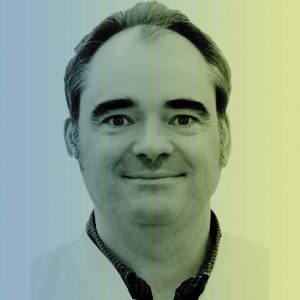
Guiscard Seebohm
Head of the Cellular Electrophysiology and Molecular Biology Group, Institute for Genetics of Heart Diseases
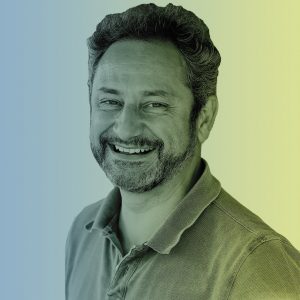
Heymut Omran
Director of the Department of General Pediatrics
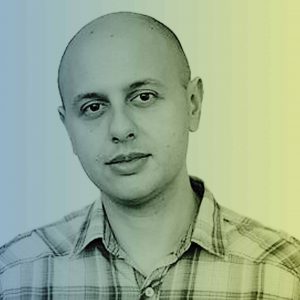
Ivan Bedzhov
Head of Embryonic Self-Organisation Research Group, Max Planck Institute for Molecular Biomedicine

Joachim Kurtz
Head of Animal Evolutionary Ecology, Institute for Evolution and Biodiversity

Johanna Raidt
Senior Physician at the Department of General Pediatrics
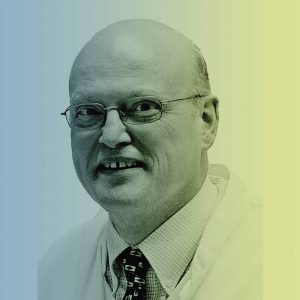
Johannes Eble
Head of the Institute of Physiological Chemistry and Pathobiochemistry

Julia Wallmeier
Research Group Leader in the Laboratory for Cilia Research
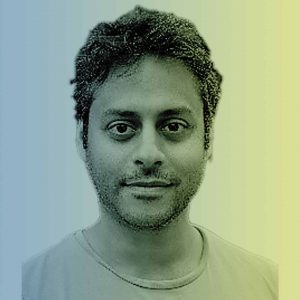
Julian Varghese
Acting Director of the Institute of Medical Informatics (IMI)
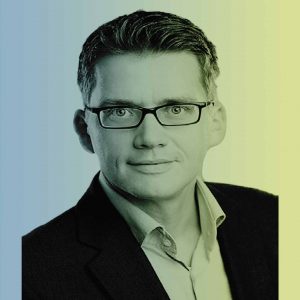
Kornelius Kerl
Head of Paediatric Neurooncology, Department of Paediatric Haematology and Oncology
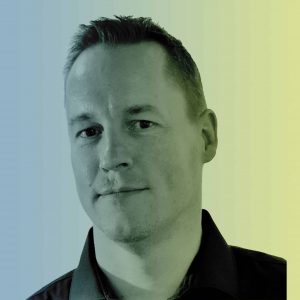
Marc Spehr
Director of the Institute of Biology II, Head of the Chemosensation Laboratory, RWTH Aachen
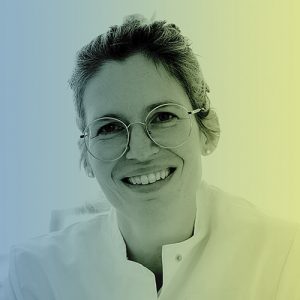
Maria Schubert
Clinician Scientist, Department of Clinical and Surgical Andrology, Centre of Reproductive Medicine and Andrology
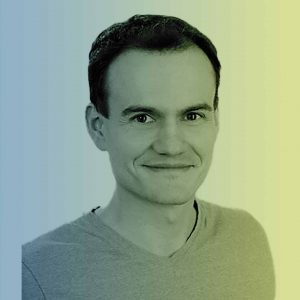
Michael Ziller
Head of the Functional Genomics in Psychiatry Group, Department of Psychiatry
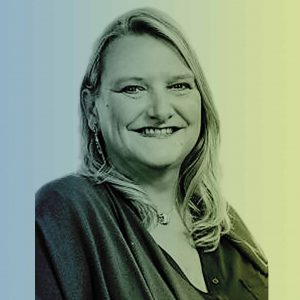
Monika Stoll
Director of the Division of Genetic Epidemiology, Centre of Medical Genetics
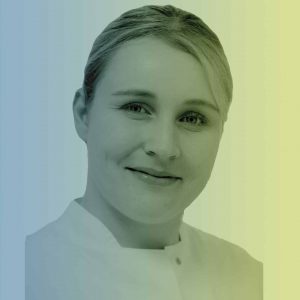
Nina Neuhaus
Head of the Germline Stem Cell Group, Centre of Reproductive Medicine and Andrology
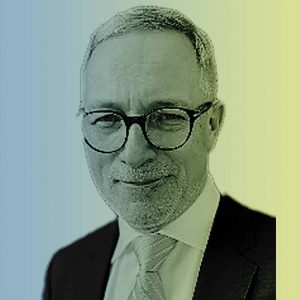
Raimund Vogl
CIO and Head of IT of the University of Münster
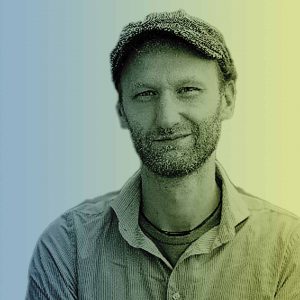
Robert Peuß
Senior Lecturer in the Animal Evolutionary Ecology Group, Institute for Evolution and Biodiversity
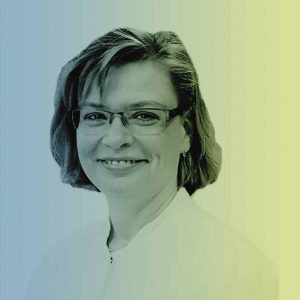
Sabine Kliesch
Head of Department of Clinical and Surgical Andrology, Centre of Reproductive Medicine and Andrology

Sandra Laurentino
Research Group Leader, Centre of Reproductive Medicine and Andrology
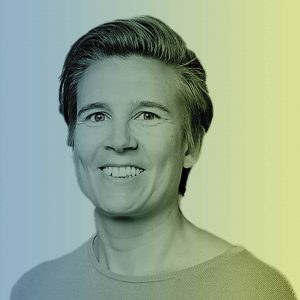
Sara Wickström
Director of the Max Planck Institute for Molecular Biomedicine
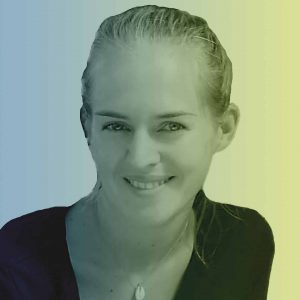
Sarah Sandmann
Head of the Biomedical Informatics Group, Institute of Medical Informatics

Stefan Schlatt
Director of the Centre of Reproductive Medicine and Andrology (CeRA)

Timo Strünker
Head of the Molecular Reproductive Physiology Group, Centre of Reproductive Medicine and Andrology
